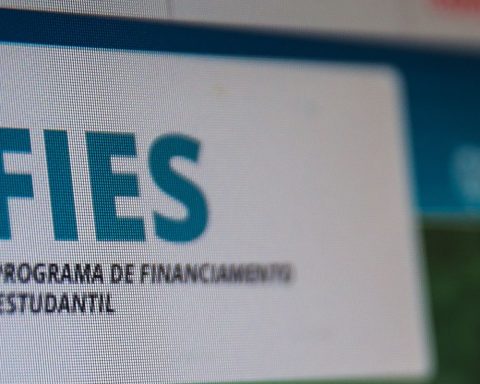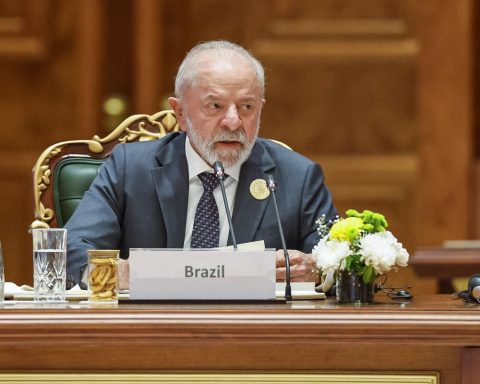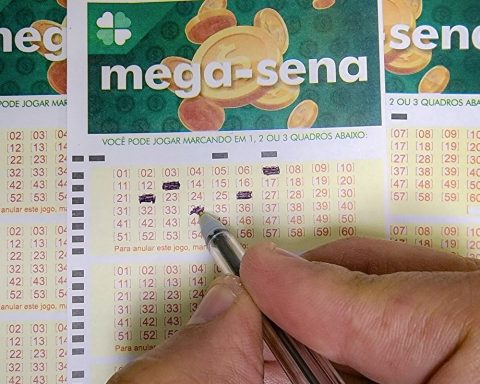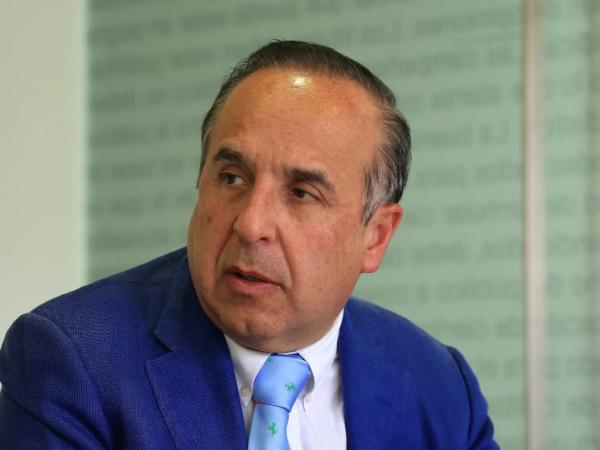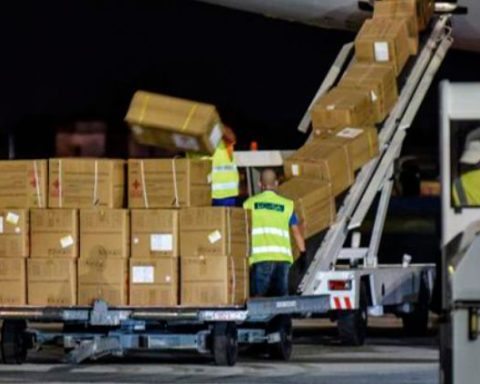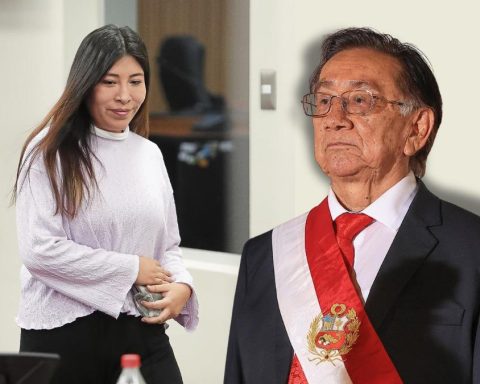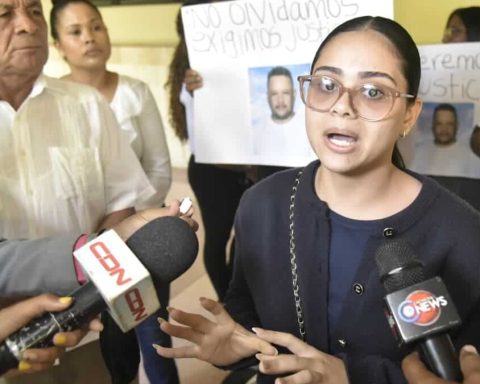The president of the National Bank for Economic and Social Development (BNDES), Aloizio Mercadante, said today (31), in São Paulo, that he proposed that the Brazilian Federation of Banks (Febraban) and the government discuss a bill to reduce the Long Term Plan (TJP), mainly for micro and small companies.
“We are not going to resume the TJLP [Taxa de Juros de Longo Prazo]. BNDES does not need and cannot receive subsidies from the Treasury, but it has room to reduce this rate and we want to do this together with Febraban. It has to be a bill. It has to be approved by the National Congress. So, it needs a careful technical debate”, he defended.
The TLP replaced the Long-Term Interest Rate (TJLP) and is composed of the variation of the Extended National Consumer Price Index (IPCA) and the fixed interest rate of the National Treasury Notes (NTN-B) in effect at the time of contracting of financing. It entered into force in the contracts signed by the BNDES as of January 2018.
Reindustrialization
According to the minister, the country’s reindustrialization is a priority for the current government, and the BNDES can contribute to making it happen. “The BNDES would help with resources. We have several financing lines that already work with many of these companies. Today we already have a very strong portfolio in wind energy. Brazil is already producing wind turbines and other equipment. The effort now is in photovoltaic and solar. We want to do more and do it especially for micro and small companies”, he said.
For Mercadante, one of the paths for this reindustrialization would be the green economy. “Brazil will have a new source of energy and could be one of the main producers of green hydrogen in the world. But we have to have a car that generates energy together with these sustainable and renewable sources, not just buses and trucks. This green economy agenda is very promising for the reindustrialization of Brazil,” he said.
The BNDES president was at the Febraban headquarters today, accompanied by ministers Fernando Haddad (Finance), Carlos Fávaro (Agriculture), Simone Tebet (Planning) and Esther Dweck (Public Management and Innovation). During the meeting, the ministers presented the government’s new economic agenda to the banks. One of the topics discussed was tax reform. Second haddadthe tax reform has found a favorable environment to be approved by the National Congress.
When speaking to journalists, at the end of the meeting, Mercadante also said he hoped that the BNDES could become part of Febraban. “Why doesn’t the BNDES participate in Febraban? why only box [Econômica Federal] and the Bank of Brazil [participam]? We want to come here to debate, discuss, build bridges. The partnership between private credit and the public sector is very important. And BNDES is Brazil’s great economic development bank. We want to be more present at Febraban”, he said. Alongside Mercadante during the interview, the president of Febraban, Isaac Sidney, did not speak to journalists.


